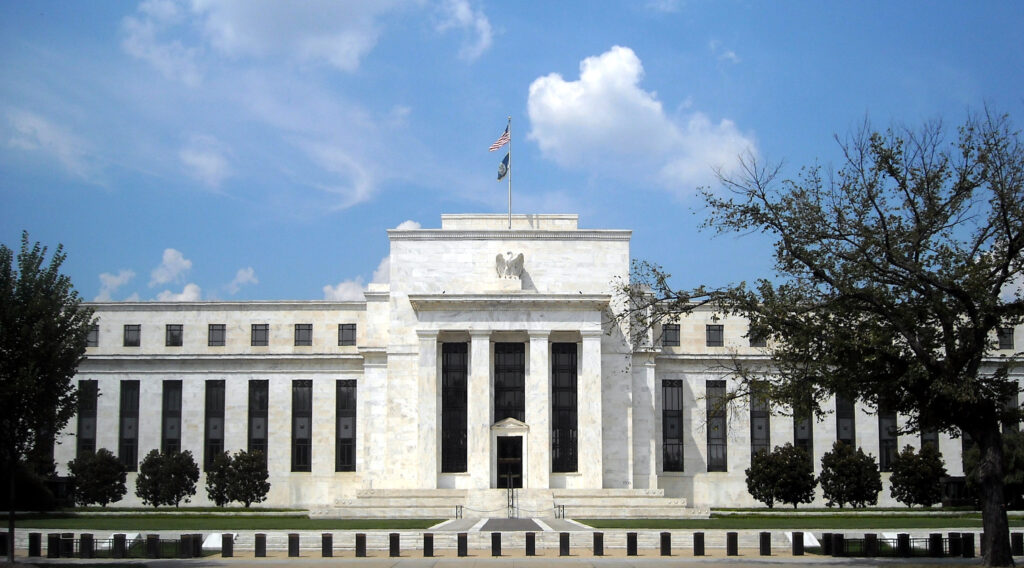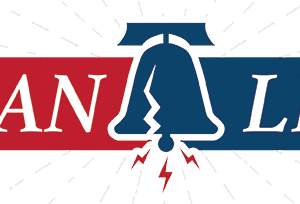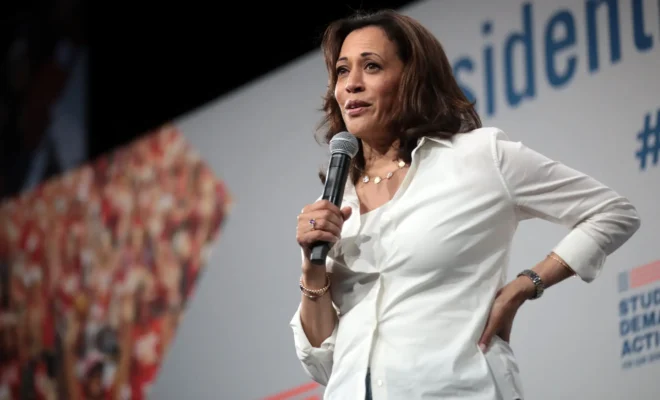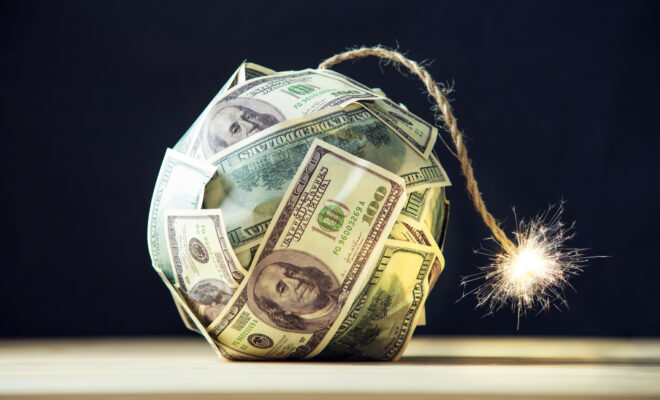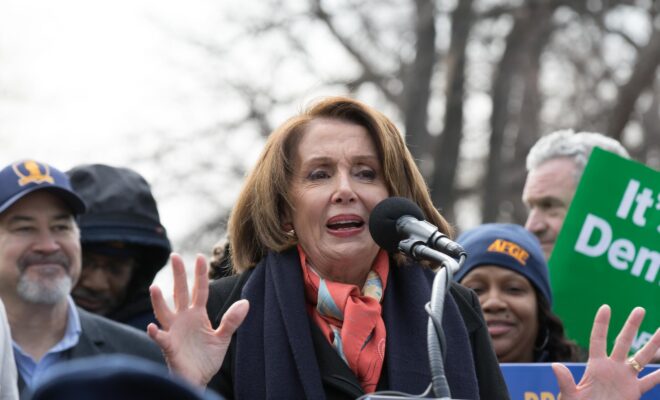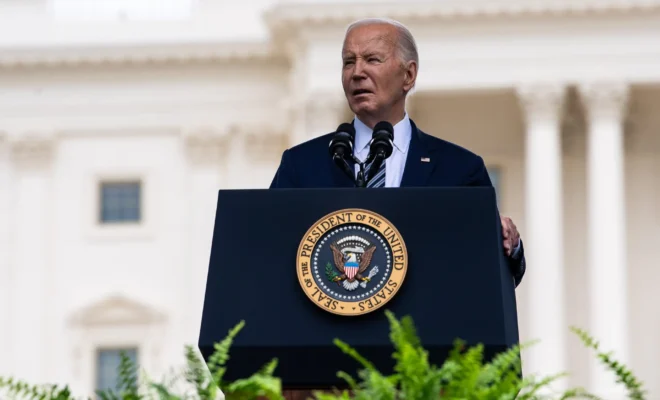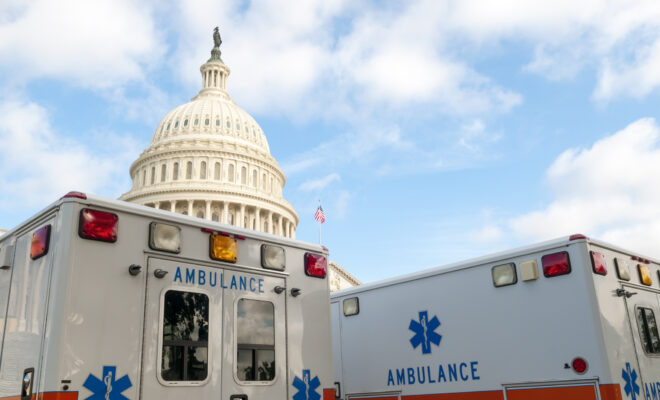Inflation is rising at its highest rate in three decades. All across this country, hardworking Americans face increasing costs on everything from gas to bread and potatoes.
Although the White House likes to say that wages are rising, inflation has wiped away those gains and then some.
According to the Wharton School of the University of Pennsylvania, inflation will cost the average American family $3,500 by year's end. The effects of which are disproportionately greater on lower-income Americans.
In response, the Federal Reserve Board announced on Wednesday that new policies are needed to ease the inflation crisis.
During a break at its year-end meeting, the central bank's policymaking arm revealed its plans to push for a faster end to stimulus spending and hinted at three interest rate hikes next year. (RELATED: Economist Says ‘Build Back Better' Will Weaken Economy More)
While rate hikes should ease inflation, they come with nasty side effects. They make money more expensive, making it particularly difficult for small and medium-sized businesses to borrow money.
Stocks rose noticeably on Wall Street after the announcement. However, whenever businesses and consumers cut back on spending, you can expect stock prices to drop. In 2018, the Dow, S&P 500 and Nasdaq all hit one-year lows after the Fed increased rates despite President Trump's insistence they don't.
As CNBC reports:
The Federal Open Market Committee's moves, approved unanimously, represent a substantial adjustment to policy that has been the loosest in its 108-year history. The post-meeting statement noted the impact from inflation.
“Supply and demand imbalances related to the pandemic and the reopening of the economy have continued to contribute to elevated levels of inflation,” the statement said.
SEE ALSO: Inflation Surges at Fastest Rate in Decades, Just in Time for the Holidays
The committee sharply ratcheted up its inflation outlook for 2021, pushing it to 5.3% from 4.2% for all items and to 4.4% from 3.7% excluding food and energy. For 2022, the expectation is now 2.6% for headline and 2.7% for core, both up from September.
At the back of the #Fed's projection pack are some very interesting charts on risk to the outlook. On #inflation, the group is unanimous that uncertainty is trending higher, and the risks of higher inflation are growing. pic.twitter.com/24P1aqvQYR
— Carl R. Tannenbaum (@NT_CTannenbaum) December 15, 2021
SEE ALSO: Blue Panic as Biden Approval Numbers Crater in Key State
At the same time, the unemployment rate projection for 2021 came down to 4.3% from 4.8% in September.
So, what do you think? Is inflation the most important economic problem facing the country today? Or is it something else, like the national debt? As always, share your thoughts with us in the comments below!







